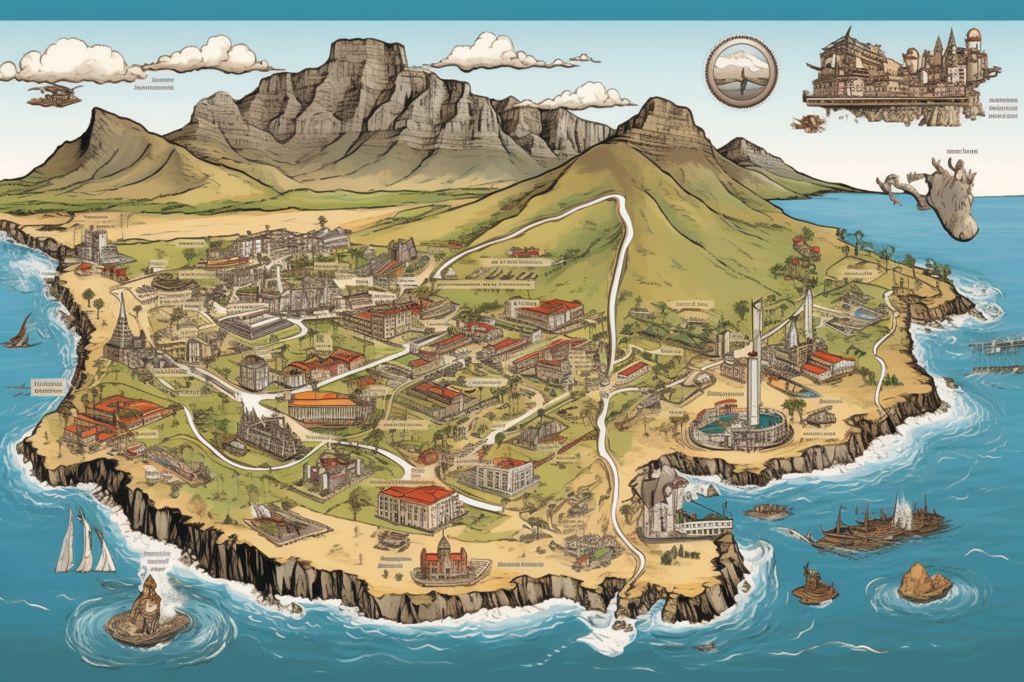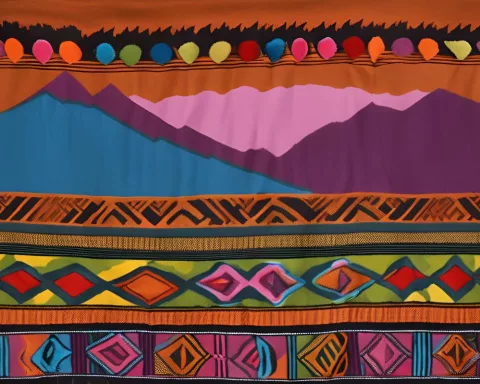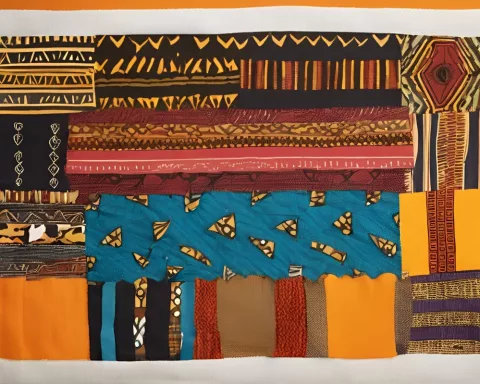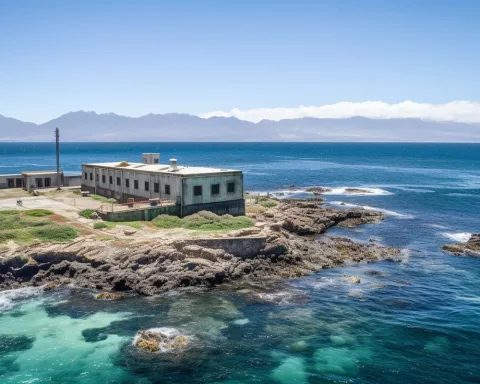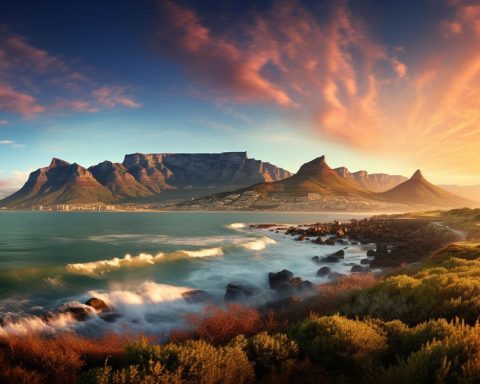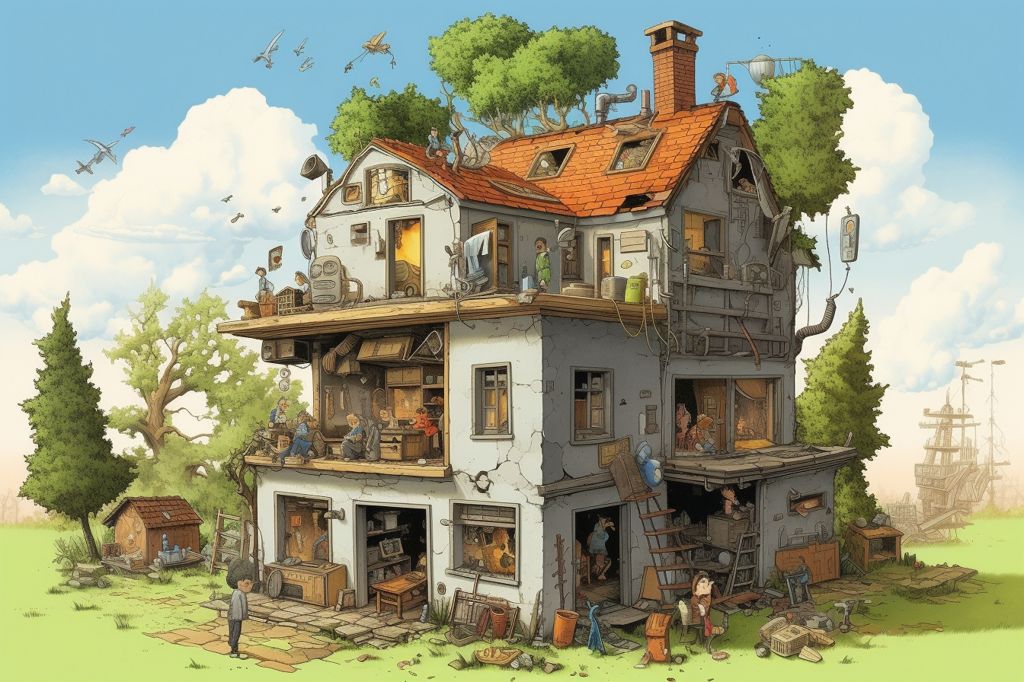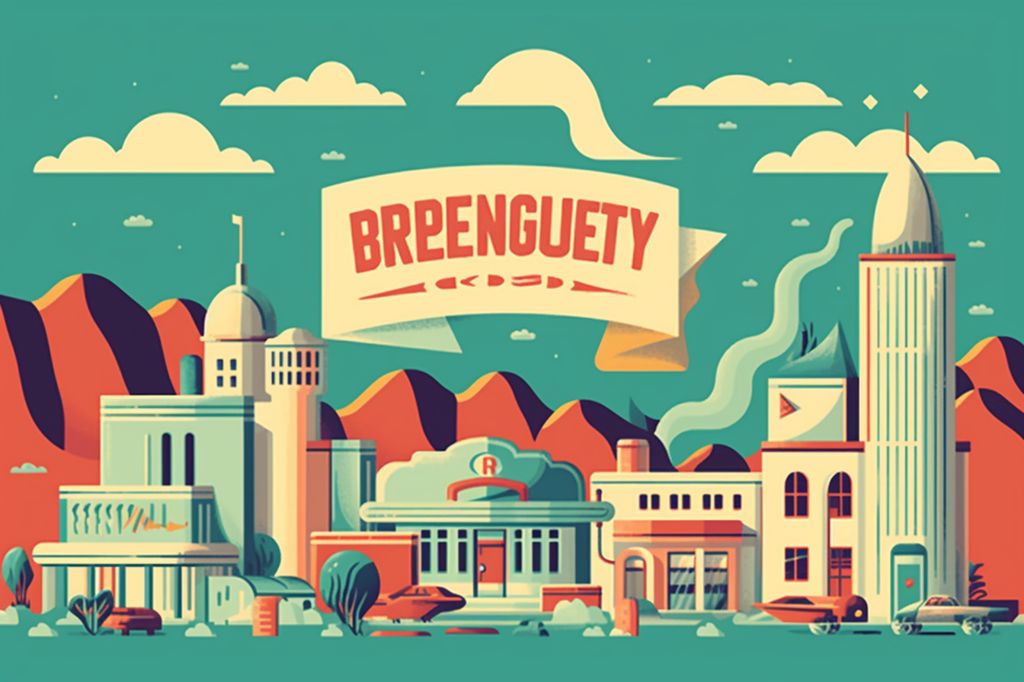Robben Island, a revered UNESCO World Heritage Site and a symbol of South Africa’s struggle for freedom, is undergoing a major revitalization. Public Works and Infrastructure Minister, Sihle Zikalala, announced the progress made in repairing and restoring the island’s infrastructure while adhering to South African Heritage Resources Agency (SAHRA) principles and international best practices.
Robben Island Revitalization
The Department of Public Works and Infrastructure, in partnership with the Department of Arts and Culture, has undertaken projects to maintain various assets on the island, including infrastructure, cemeteries, gardens, quarries, recreational facilities, and maritime safety. They have spent R112 million on maintenance services like technical services, waste management services, pest control, and horticulture and environmental services.
Going forward, additional projects include the restoration of the Blue Stone Quarry Wall, harbor precinct upgrades, and the installation of a new floating jetty and diesel plant reticulation.
Improvements at Hout Bay Harbour
The Hout Bay Harbour is one of 13 proclaimed fishing harbors in South Africa and is set to undergo significant upgrades. The Department has implemented a special intervention program aimed at rendering the harbors functional, which has created over 100 local jobs and empowered more than 20 local SMMEs valued at R26.4 million.
The scope of work includes the removal of sunken vessels, refurbishment of slipways, and civil and electrical infrastructure upgrades. The Department is also addressing challenges faced by the harbor, including crime, drugs, poaching, and protests. Measures have been implemented to prevent further damage to infrastructure during riots and protests.
Empowering Local Communities
The Department is committed to ensuring that historically disadvantaged communities surrounding Hout Bay Harbour benefit from the harbor’s economy and services. Plans are underway to allocate space for local SMMEs as part of the broader implementation of small harbor development initiatives, fostering economic transformation and community unity.
The revitalization and improvement projects at Robben Island and Hout Bay Harbour not only preserve valuable heritage sites but also create opportunities for community empowerment and social upliftment. Through a combination of infrastructure upgrades, job creation, and support for local businesses, these efforts serve as powerful examples of how heritage preservation can contribute to a brighter future for South Africa.

